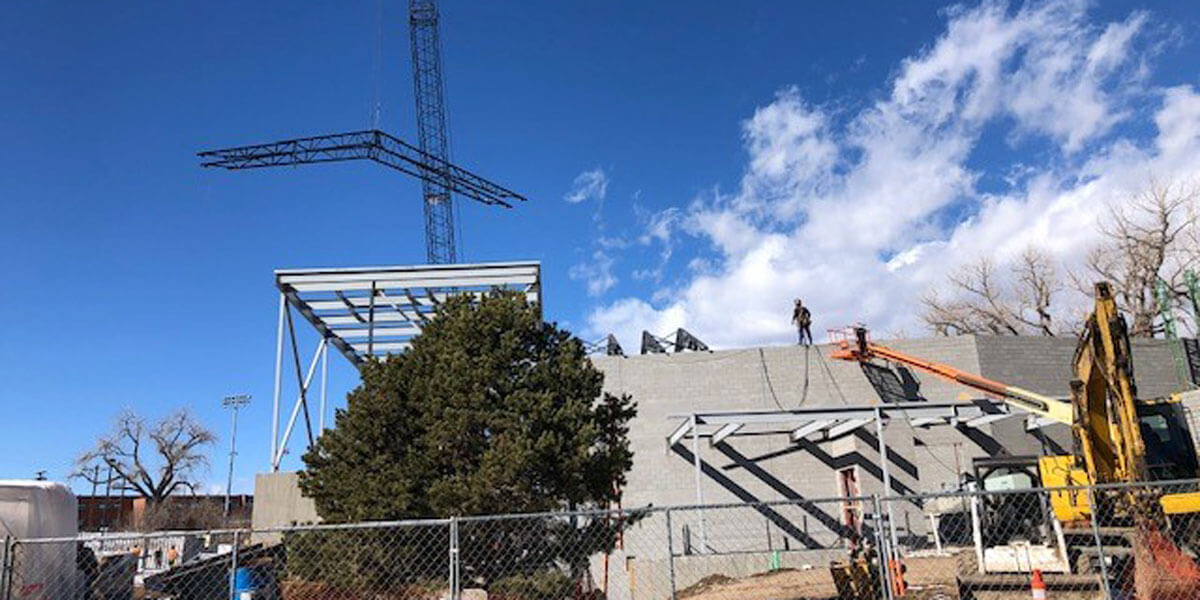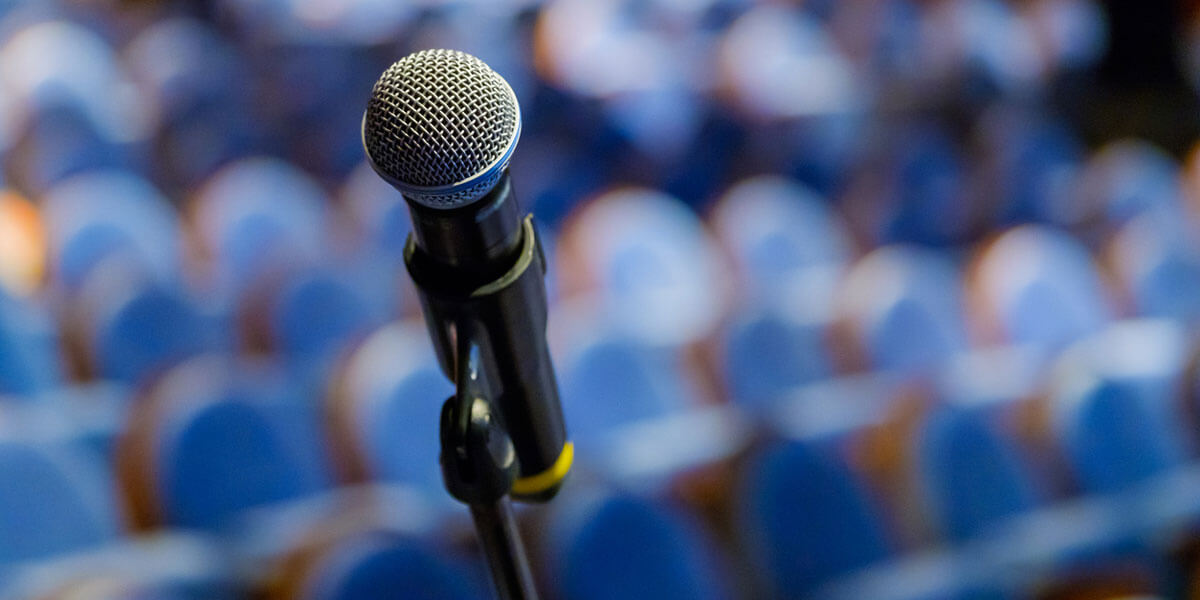What does it take to launch a new program during a pandemic? In the case of Speech and Debate at Colorado Academy, it takes patience, confidence, a solid internet connection, and a small but dedicated group of students.
When I decided to take on the challenge of bringing Speech & Debate to our school—after many years of contemplating it—I did so well before the pandemic hit. For Year One, I had envisioned traveling to various locales with an enthusiastic band of speakers and debaters, ready to introduce ourselves to the existing speech community. I recalled from my own years as a high school student, and then as a coach in previous teaching positions, that the human interaction and lively competition was part of the fun and what made getting up very early on Saturdays worth it.
And then . . . everything changed.
Like so many things in the time of COVID-19, the Speech community has had to adjust mightily to a new reality. Instead of gathering students at large high schools all around the state, tournament organizers are bringing teams together over two excellent online platforms called NSDA Campus and Speechwire, which serve as the means to host virtual speech and debate competitions.
Many of the events are asynchronous, meaning students compete by sending in videos of themselves doing everything from humorous interpretation to original oratory. Other events, such as all the debate formats and extemporaneous speaking, are synchronous over Zoom. While everyone laments the loss of face-to-face interactions and the excitement of competing in the same physical space, there have been positive outcomes as well, and the students are still gaining first-rate experiences in public speaking.

Students already showing enthusiasm and success
Whether preparing for debate or working on a speech or interpretation event, competing in these tournaments requires dedicated time, and the students around the state who get very good at it spend a lot of time honing their skills. I have purposely decided to take it slow this year, helping our CA students get a feel for what the process is like, while also learning the nuances of coaching and managing myself. Since the beginning of the year, we have had a club version of Speech & Debate, and I have also offered a class during the second and third trimesters. The students and I have learned together. Again, the strangeness of this year means that there will be another learning curve next year, assuming these activities return to their normal state. But I have been pleased to see a core group of students show enthusiasm for tackling whatever comes next.
Unsurprisingly to me, one of the areas in which CA students have excelled already is the category called Original Oratory. For this event students write their own ten-minute speech on any topic they are interested in, and then deliver the speech in the most effective way possible. Because our students are already good writers, and they have well-developed viewpoints on a wide range of topics, they have had no difficulty creating interesting, informative, and persuasive speeches. I have helped them craft their speeches into something that looks and sounds even better when they are “up on their feet.” As mentioned above, so far most of these students have recorded themselves and then submitted their video files to competitions. Next year, if they want to compete in tournaments, they need to fully memorize their speeches and present them live.
Student stand-outs this year include Junior Clare Milligan, our most active Lincoln-Douglas debater so far, who has competed in several tournaments and done extremely well, garnering three second-place finishes and one other superior award. She also won the novice tournament held back in October. Two other Juniors have won awards in Original Oratory: Morgan Taylor, for “How the Plus Subtracts,” and Sarah Preston, for “ADHD: More than a Box.” Several other competitors in this event, including Freshmen David Varholak and Tuhin Sur, and Junior Abigail Shapiro, have entered multiple tournaments and received high marks from judges as well. We have also had several teams of Public Forum debaters, where students work in pairs on contemporary issues, such as whether the U.S. should enact Medicare for all, or adopt a nuclear policy of no first use.
Speech and Debate at Colorado Academy has been a great idea in the works for many years. I’m happy to say the idea is now reality. Next year, there will be a dedicated space for this program in the new Leach Center for the Performing Arts, and, fingers crossed, we will go back to live competitions.
